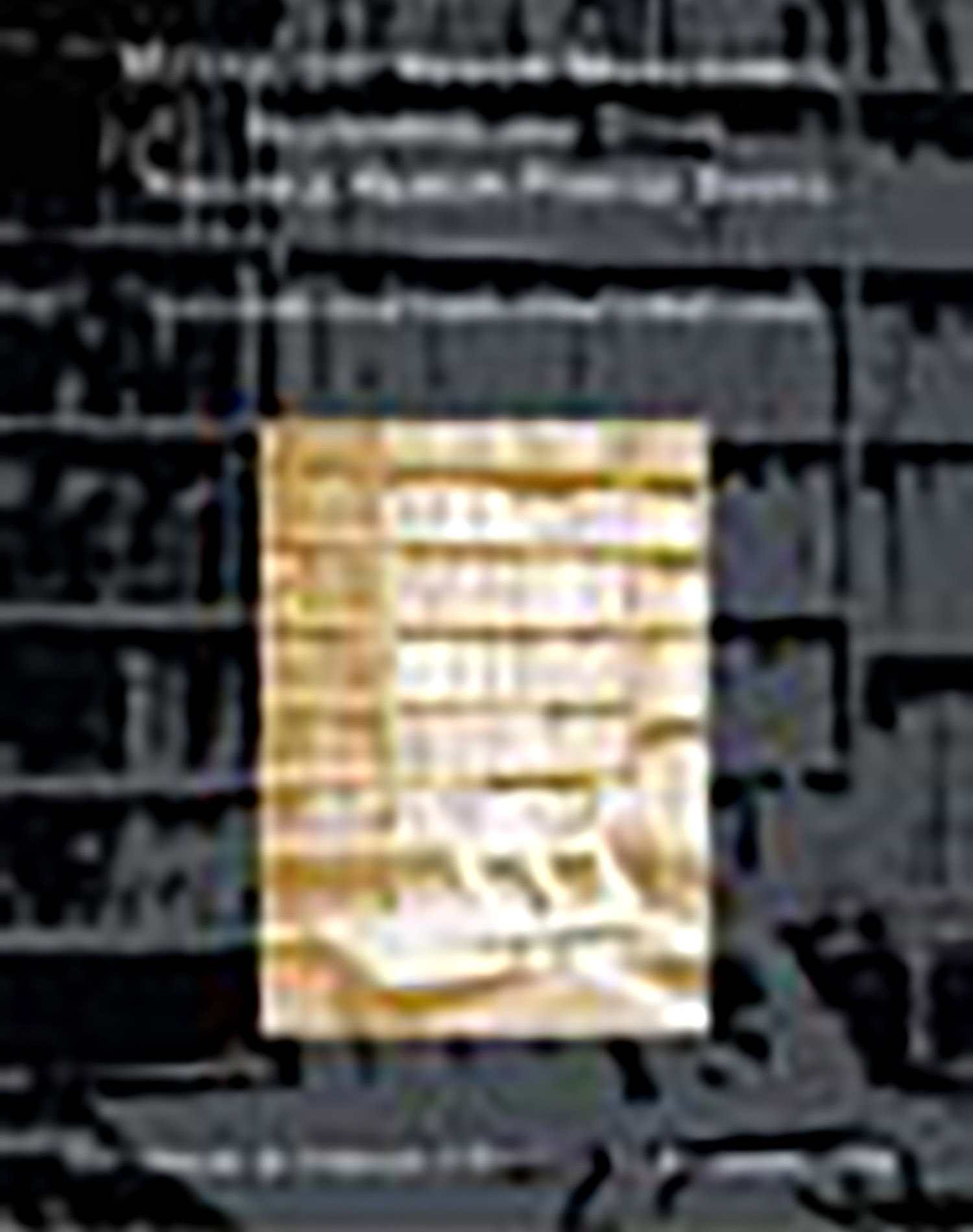ABRABANEL, DON ISAAC

AUCTION 18 |
Tuesday, December 17th,
2002 at 1:00
Magnificent Hebrew Manuscripts, Incunabula and Other Valuable Hebrew Printed Books Sold By Order of The Trustees of Jews' College, London.
Lot 2
ABRABANEL, DON ISAAC
v.p.: v.d.
Est: $10,000 - $15,000
PRICE REALIZED $31,000
A GROUP OF EARLY EDITIONS OF IMPORTANT WORKS OF ETHICAL LITERATURE.
Shailoth: Saul Ha’kohen Aschkenazi was an author of philosophical works and a disciple of the Aristotelian thinker, Elijah Delmedigo. His philosophical queries were addressed to Isaac Abrabanel with a view to ascertaining a Maimonidean position. Abrabanel’s answers constitute his sharpest and weightiest attack upon the Averroist renderings of Maimonides. Indeed, it is in this work that Abrabanel finally relieved himself from the arduous internal struggle he had contended with Maimonidean thought, evidenced by his clear analysis of the points of difference and agreement between him and Maimonides. “It is not unlikely that after completeing this book, Abrabanel returned to systematic work on his great commentary on Maimonides’ Guide to the Perplexed.” See B. Netanyahu, Don Isaac Abravanel, Statesman & Philosopher (1968) pp. 86-7.
Abrabanel’s writings to Saul Ha’Kohen also contain important autobiographical comments. He complains of physical weakness and of his despair of Redemption following the Expulsion from Spain. In a deeply personal note of self-evaluation, he writes on f.8: “I frittered away my time making money and seeking honor… the wealth was lost and honor has been taken away from Israel.”
II: Miloth: THE FIRST EXTANT WORK ON LOGIC WRITEN BY A JEW.
Originally written in Arabic entitled Maqãla fî-Sina at al-Mantiq, Maimonides’ treatise on Logic offers a concise exposition of the 175 most important logical, physical, metaphysical and ethical terms used in the discussion of logical theory. According to Maimonides, the term Logic is used in three basic senses: To refer to the rational faculty, the intelligable in the mind, and the verbal expression of this mental content. Maimonides’ work has served not only as a handbook of logic, but until relatively recent times has served as an introduction to general philosophy as well. (See: EJ XI, col. 459.)
III: Even Bochen: This ethical treatise by the master satirist Kalonymus ben Kalonymus is writen in the guise of a dialogue between the author and his Soul. Although the work is classed as a satire, its main purpose is moral instruction. The author passes in review all the social positions of which men are proud, and proves their vanity. At the end, he enumerates the sufferings of Israel and expresses the hope that God will have pity on His people who, in the three years, 1319-22, during which time Even Bochen was written, suffered persecution as well as an auto-da-fé of the Talmud at Toulouse. (See M. Waxman, Vol. II, pp. 608-10).
IV: Sha’arei Teshuvah: THE FIRST EDITION OF THE EARLIEST WORK OF ETHICAL LITERATURE.
Rabbeinu Yonah’s famous treaties on Repentance is the earliest work of ethical literature. The work is divided into four portals. The first is devoted to a definition of repentance; the second to a description of the various ways by which a man should arouse himself to penitence; the third, to a classification of the precepts and the punishments meted out for their transgression; and the fourth, contains a discussion of the conditions of forgiveness. “On the whole, there is a noble spirit of piety and morality permeating the book which sets up a standard of life at times difficult to follow, yet an ideal worth striving for.” (See: M. Waxman, Vol. II pp.273-274).
